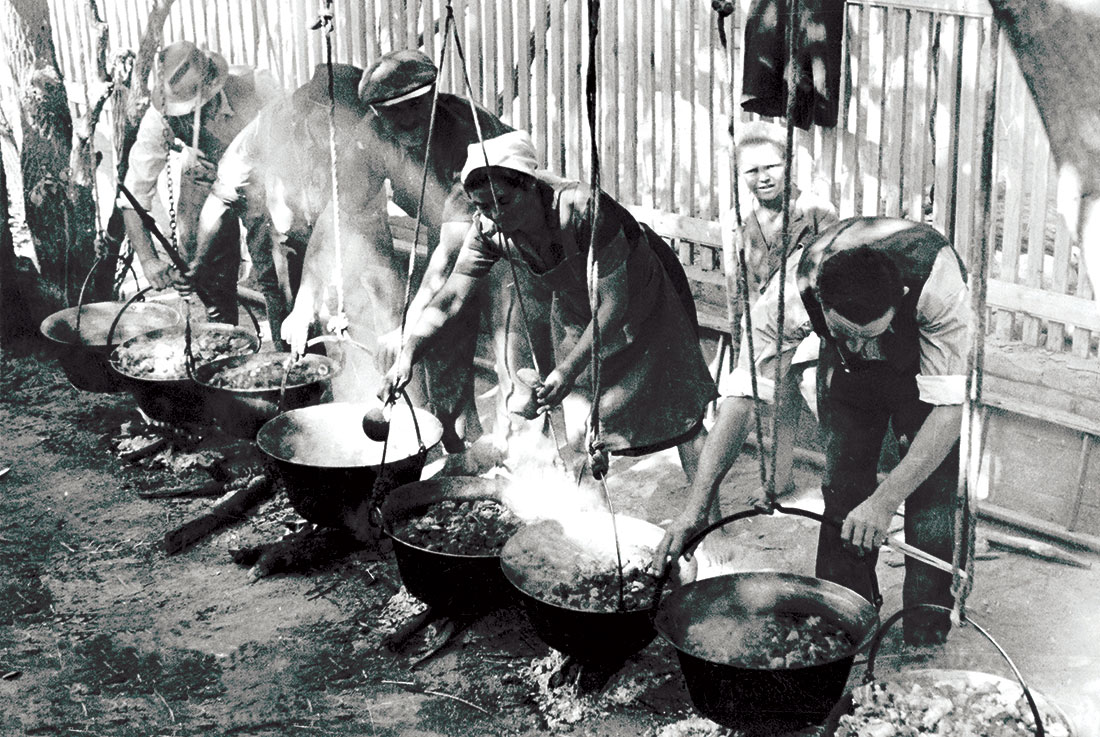Goulash
Though long established as the national dish of Hungary, its origins lie with the rootless, itinerant stockmen who roamed the plains of medieval Mitteleuropa.
 From the Carpathians in the north and east to the Dinaric Alps in the south, the Great Hungarian Plain (Alföld) is bewitching in its vastness. Uninterrupted by hills and with scarcely a tree to be seen, it seems to have neither beginning nor end. To the poet, Sándor Petőfi (1823-49), it was ‘boundless as the ocean’ and almost as empty. As Petőfi explained in Az Alföld (‘The Plains’), it encapsulated a profound sense of freedom. There, and only there, did he feel at home; in its immense solitude, his imagination could roam unhindered and his ‘eagle soul’ could ‘escape from its prison’.
From the Carpathians in the north and east to the Dinaric Alps in the south, the Great Hungarian Plain (Alföld) is bewitching in its vastness. Uninterrupted by hills and with scarcely a tree to be seen, it seems to have neither beginning nor end. To the poet, Sándor Petőfi (1823-49), it was ‘boundless as the ocean’ and almost as empty. As Petőfi explained in Az Alföld (‘The Plains’), it encapsulated a profound sense of freedom. There, and only there, did he feel at home; in its immense solitude, his imagination could roam unhindered and his ‘eagle soul’ could ‘escape from its prison’.
